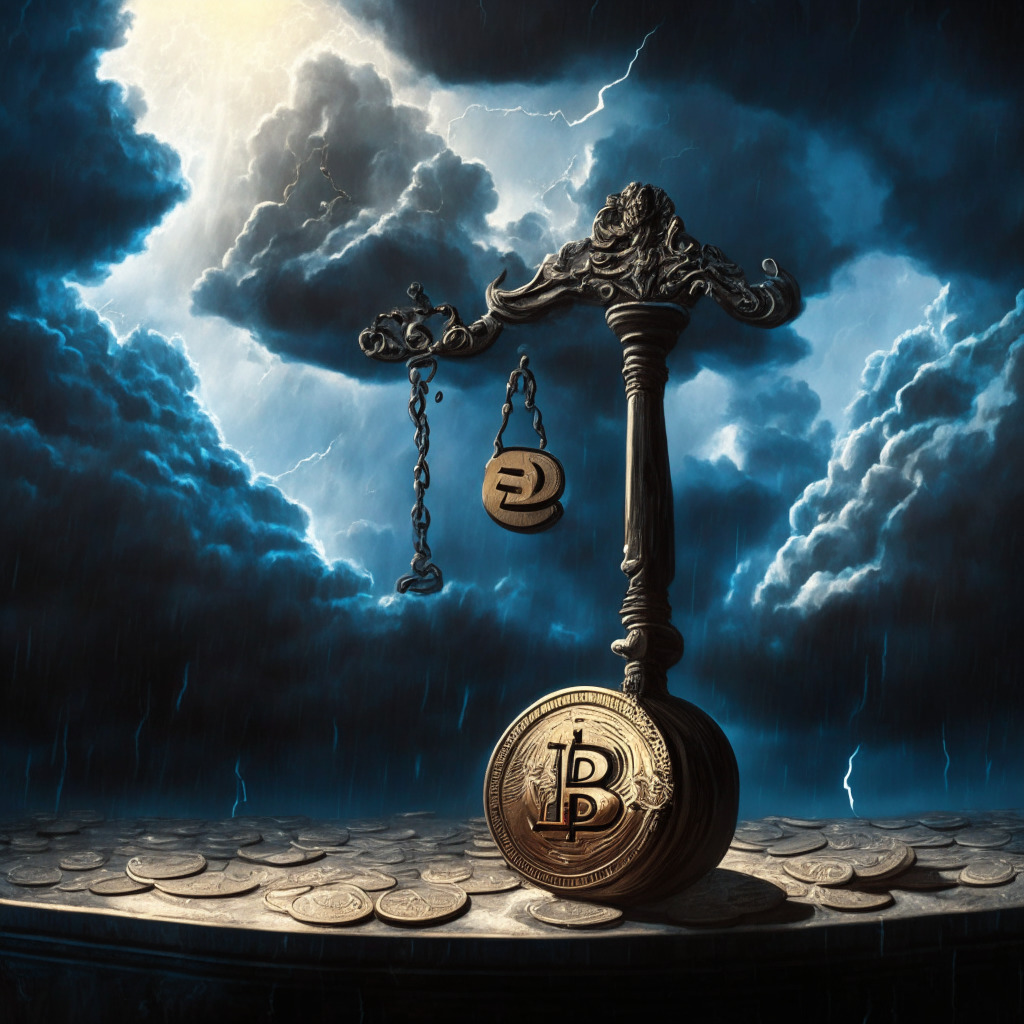The ongoing legal battle between American blockchain payments firm Ripple Labs Inc and the United States Securities and Exchange Commission (SEC) has rekindled questions about Ripple’s role in the circulating supply of XRP. Ripple’s involvement in the release of XRP coins from escrow to help manage the cryptocurrency’s supply is widely understood, yet there remains ambiguity surrounding the company’s buyback strategy.
Buybacks generally refer to a company deflating the supply of an asset by purchasing it from the open market, creating scarcity. The lack of an official statement from Ripple on this issue fuels confusion within the community. Ripple’s CTO, David Schwartz, recently chimed in, revealing the company does buy XRP, but he is uncertain whether it aligns with the context under discussion.
XRP buybacks could potentially strengthen the SEC’s case against Ripple, suggesting that the digital currency is handled as an investment contract. Buybacks appear as strategic efforts to increase an asset’s value, and despite the lawsuit lasting over two years, no significant concerns regarding XRP buybacks have emerged in court.
In light of the lawsuit—which will determine XRP’s fate in the US—Ripple Labs has distanced itself from the cryptocurrency as an asset in its Liquidity Hub. XRP holds a crucial position within the blockchain company’s RippleNet and XRP Ledger protocol, but its usage is limited until the lawsuit’s conclusion. Ripple’s avoidance of the coin has led other partners to desert the digital currency, leaving its price movements subject to market whims.
Despite the uncertainties surrounding XRP’s buyback strategy and its role in Ripple’s Liquidity Hub, the coin’s surge in value and its position on the market is not to be underestimated. While Ripple’s strategy aims to manage liquidity, buybacks could solidify the SEC’s allegations and have a long-term impact on XRP.
On the other hand, if Ripple emerges victorious in the lawsuit, it could revitalize its relationship with the XRP coin, benefitting not only the company but also other partners and the wider cryptocurrency market. For investors, understanding the counterpoints is critical for strategic decision-making when it comes to XRP. Nevertheless, the outcome of the lawsuit and its future implications for the cryptocurrency remain uncertain.
As the situation develops, it is essential for investors to conduct thorough market research before taking any actions. Though personal opinions may shape analyses, ultimately, the market would dictate the direction of events.
Source: Coingape




